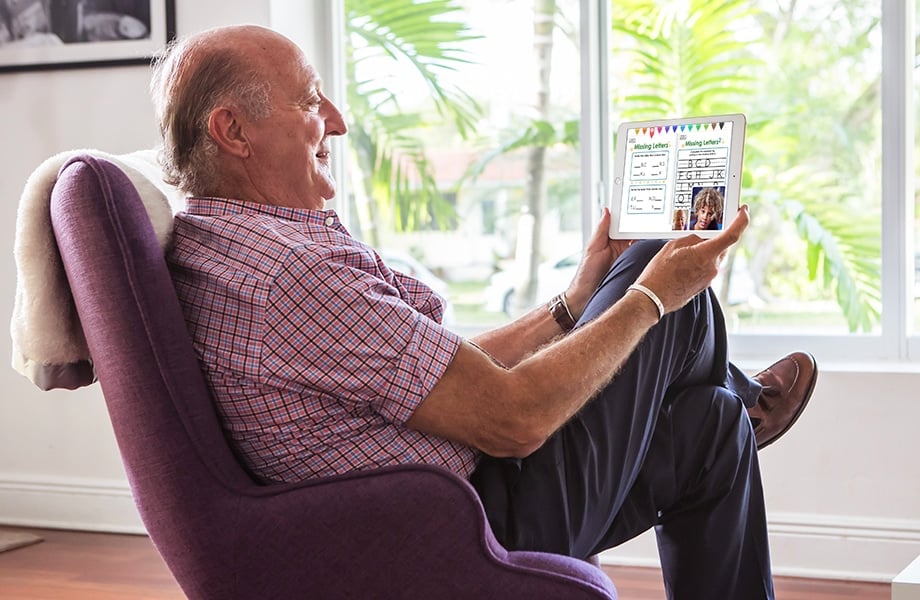Canada’s first big push for a COVID-19 vaccine may be falling victim to sour relations with Beijing, as Chinese officials continue to hold up a shipment of the drug needed to carry out promised human trials here.
CanSino Biologics of Tianjin, China signed an accord with the federal government in May to have its vaccine tested in Canada, a heavily promoted deal the government said could give Canadians early access to the serum. But more two-and-a-half months later, the Canadian trials have yet to start, because scientists have nothing to study.
Samples of the vaccine candidate – already one of the world’s most advanced in terms of the trial process – have not been approved for shipment to Canada by Chinese customs, one of the researchers confirmed Tuesday.
David Mulroney, Canada’s ambassador to China from 2009 to 2012, said it’s hard to know why the delivery has been stalled, but he has his suspicions.
“It’s likely that the shipment is being delayed as part of China’s retaliation against Canada over the Meng (Wanzhou) arrest,” he said, referring to the Huawei Technologies CFO held in Vancouver on a U.S. extradition request.
“But it could also be due to the kind of sudden, unexplained delay that routinely happens when you’re dealing with China’s opaque and often uncooperative customs authorities.
Prime Minister Justin Trudeau announced the agreement between CanSino – a company with extensive Canadian ties – and the National Research Council (NRC) in mid-May, calling it “encouraging news.”
Under the accord, the Canadian Centre for Vaccinology at Dalhousie University would hold a small Phase 1 safety trial, and possibly also Phase 2 and 3 trials. If approved by regulators, it could then be manufactured at an NRC facility in Montreal, making Canadians “among the first in the world to have access to a safe and effective vaccine against COVID-19,” the council has said.
Meanwhile, CanSino has conducted its own Phase 1 and 2 trials in China, and was the first developer to publish study results in a peer-reviewed journal. They indicate the vaccine is generally safe and prompts an immune response in most recipients.
Last month, the company’s co-founder said it was in talks with Russia, Brazil, Chile and Saudi Arabia to conduct Phase 3 trials, which determine whether the vaccine actually protects people against COVID-19 infection.
Back in Canada, “we are continuing to wait for the vaccine,” said Scott Halperin, the Dalhousie scientist heading Canada’s planned Phase-1 trial. “All we know is that its awaiting customs clearance by the Chinese government for export,” he said. “We have not been able to obtain any projected time lines. Nothing much else I can say, other than we can start the trial as soon as we receive the vaccine.”
Asked if political issues might be involved, he said that was “an excellent question to pose to Global Affairs Canada.”
Guy Saint-Jacques, former Canadian ambassador to China, said Tuesday he does not know what’s behind the delay. But he said it “could well be part of the Chinese arsenal” in the dispute over Meng’s arrest.
In an apparent response to the executive’s detention, Beijing has already imprisoned Michael Kovrig, a Canadian ex-diplomat, and Michael Spavor, a Canadian businessman, under vague espionage charges; increased another Canadian’s drug-dealing sentence from jail to death; and blocked some agricultural imports from Canada.
The federal government has said it is also looking at pre-ordering other vaccines that are advanced in their testing but, unlike the U.S. and several European countries, has yet to do so. The NRC is also collaborating with a team at the University of Saskatchewan and U.S. company VBI Vaccines on their own coronavirus vaccines.
The CanSino vaccine candidate – called Ad5-nCoV – uses a different, harmless virus as a delivery system. The “adenovirus” is modified to express part of the SARS-CoV-2 germ that causes COVID, which is meant to trigger the immune system to fend off the coronavirus.
Early studies have not been a total success, with dampened immune response in some people, likely because they’ve been exposed to the vaccine’s adenovirus backbone before and have antibodies that repel it.
For that reason, some experts have questioned Canada’s investment in the product. Others say none of the leading vaccine candidates are likely to be perfectly effective, and any vaccine is better than none.




